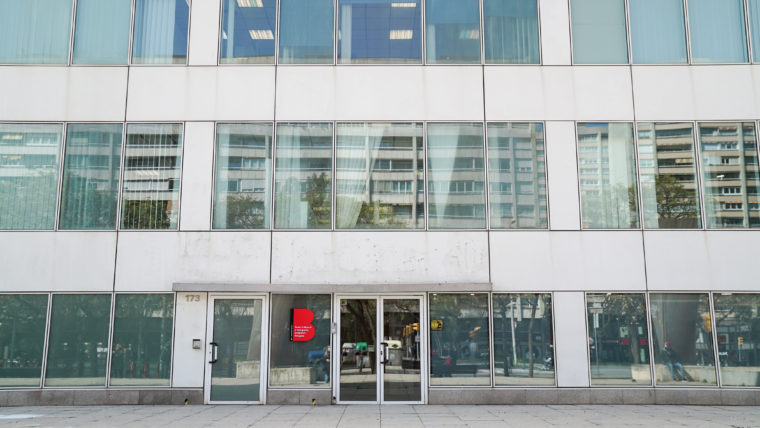Cooperation drive with refugee organisations to provide shelter in city homes
The advance of the Taliban forces in recent weeks has led to a strong solidarity response from citizens in Barcelona, with refugee organisations and shelters offering to take people in. Given the situation, the City Council is stepping up its cooperation with organisations which provide shelter for refugees in private homes, to increase the number of places available.
Reception organisations provide shelter for migrants and support for families willing to take people into their own homes, to help the integration process. There are currently four such organisations operating in the city: Welcome Refugees, BCN Actua, Migrastadium and Punt de Referència.
In 2020, a total of 55 homes in Barcelona took in people of 23 different nationalities, most of whom were waiting for their legal situation in the Spanish state to be resolved.
To drive cooperation with these organisations, a special management office will be set up to coordinate and attract reception families. The project will have an initial project of 200,000 euros.
Individuals or families wishing to make their home available to provide shelter can contact ciutatrefugi@bcn.cat.
Balance for the first half of the year presented by the SAIER
Coinciding with the announcement of greater cooperation with shelter organisations, the latest figures were also presented by the Care Service for Immigrants, Migrants and Refugees (SAIER), corresponding to the first six months of 2021.
Restrictions on international mobility as a result of the pandemic and the reduction in the time taken by the Spanish state to resolve asylum applications have had an effect on the support provided by the municipal service. On one hand, the number of people attended to between January and June was 10,307, some 7% less than the same period last year. On the other hand, the proportion of people in irregular administrative situations or supervening irregularity rose from 41% of the total in 2020 to 46% in the first half of 2021.
Services which have seen the largest increase in demand compared to 2020 were legal advice on foreigner status procedures and assistance for people to conduct these same procedures. Other services where demand grew, albeit to a lesser extent, included labour-related support, help with getting qualifications recognised, job seeking and training.
In terms of the nationality of SAIER users, there was a notable drop in the number of people coming from Latin American countries such as Colombia, Venezuela, El Salvador, Peru and Honduras. Even so, these nationalities continue to account for the highest numbers of asylum seekers.



Tags associated with the news item
Related news
-
 Inclusion
Inclusion
-
 Inclusion
Inclusion
Inclusion
InclusionAsylum seekers account for 48% of the 11,114 people helped by the SAIER
31/07/2020 14:21 h




